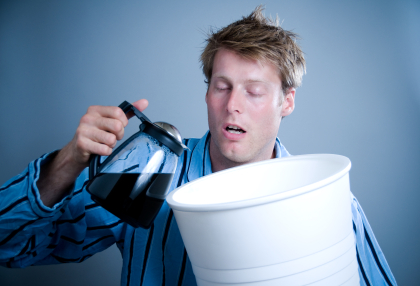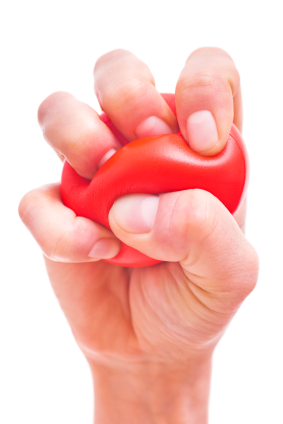The Summer Olympic Games are in full swing now and I’ve been trying to catch as much of it as I can (I even watched archery). It’s amazing to watch elite athletes, peak performances, and healthy rivalries on the world stage. As I watch all of the excitement, I can’t help but compare the athletes to normal people like you and I. You may wonder just what we all have in common, especially when it comes to fitness and performance. You’ll be surprised to find out that we have much more in common with them than you know…
The fitness goals and abilities of world-class athletes may be different than those of the everyday gym-goer, but the principles of training and recovery are the same. Consider for a moment the goal of a professional athlete – to perform to the best of her ability and ultimately be better than the competitors. She trains to this standard and takes care of her body to ensure proper performance.
Is your goal really all that different? Don’t you want to be able to perform in your “event,” the sport of life? Shouldn’t you seek to stay healthy and avoid injury? Don’t you want to be able to carry out normal daily activities without having to worry about knee pain, your back giving out, or a shoulder problem? The arena, environment, and season of the athlete and the general public may be different, but your need for balanced, coordinated movement is just as important as it is to an Olympic sprinter.
Athletes train for their sport. You should train for the sport of life and the unknown situations it brings. Ask Michael Phelps how important core strength is. That same core enables you to maintain good posture, or transfer force from your legs to your upper body when you lift your child. Think strength training is only important to the US gymnastics teams? How difficult is walking up a flight of stairs when you lack leg strength? Is agility only important to soccer players and boxers? Think about how important agility is when you have to move quickly to dodge a biker on the sidewalk or to catch yourself on a misstep.
To these athletes, their sport is their life. They train day in and day out to be the best – it’s their job. Your sport is also your life. I want you to move better, make your body more efficient, prevent injury, and improve health. Perform exercises that best mimic and better prepare you for the activities of daily life. This is the essence of functional training.
 Nutrition Tips for Increased Energy and Brain Function
Nutrition Tips for Increased Energy and Brain Function